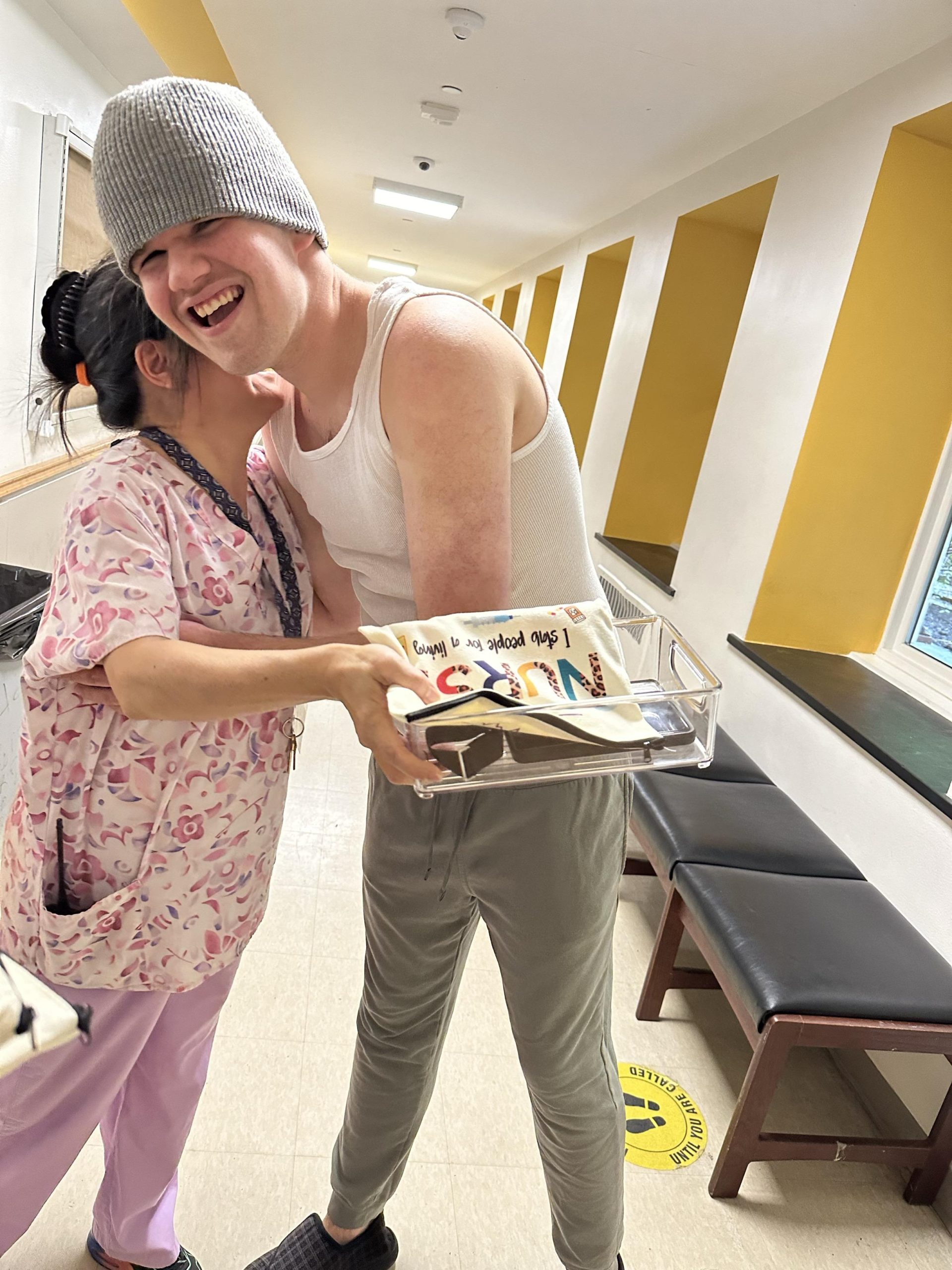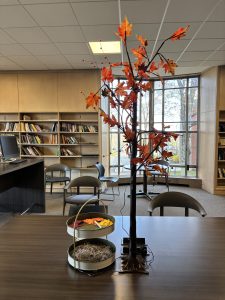Teaching autistic individuals how to navigate medical health appointments is of paramount importance for fostering their independence and ensuring their overall well-being. Medical appointments can be overwhelming for anyone, but for autistic individuals they often present unique challenges due to sensory sensitivities, communication difficulties, and anxiety about unfamiliar environments. These challenges can lead to avoidance of medical care, which in turn exacerbates health issues and reduces quality of life. By equipping autistic individuals with the skills and confidence to manage medical appointments, we not only promote better health outcomes but also enhance their autonomy and quality of life.
One of the key aspects of this educational process is the preparation for what to expect during a medical appointment. This includes familiarizing individuals with the sensory experiences they might encounter, such as bright lights, loud sounds, or the tactile sensation of medical instruments. Role-playing scenarios can be particularly effective, allowing individuals to practice interactions with medical professionals and become comfortable with the routine of an appointment. Visual supports, such as social stories or picture schedules, can also be invaluable tools, providing clear, step-by-step guidance on what will happen and helping to alleviate anxiety.
Effective communication is another critical component. Autistic individuals often have unique ways of communicating, and it’s essential that medical professionals are trained to recognize and respond to these methods. Teaching individuals to express their symptoms, discomforts, and preferences in a way that healthcare providers can understand is crucial. This might involve using alternative communication devices, written notes, or other personalized strategies. Additionally, educating healthcare providers about autism and the specific needs of their patients can greatly improve the experience and outcomes of medical appointments.
A supportive environment can make a significant difference in how autistic individuals perceive and handle medical visits. Sensory-friendly waiting rooms, the option to wait in quieter areas, and the use of weighted blankets or noise-canceling headphones can help manage sensory overload. Providing a consistent routine and familiar faces during appointments can also reduce anxiety. Encouraging caregivers or trusted individuals to accompany patients can provide additional comfort and support.
Shrub Oak International School has an onsite health and wellness center staffed with a dedicated team of nurses who are trained to understand and meet the needs of our autistic students. This center features a fully equipped exam room, providing a familiar and controlled environment for our students to receive medical care. The presence of such a facility within our school not only ensures immediate and accessible healthcare but also serves as a practical teaching resource. Students can learn to manage their health needs in a supportive and understanding setting, building their confidence and competence in handling future medical appointments independently.
Teaching autistic individuals how to attend medical health appointments is crucial for their long-term health and autonomy. By providing the necessary tools, support, and environments, we empower them to navigate these experiences with greater ease and confidence.





